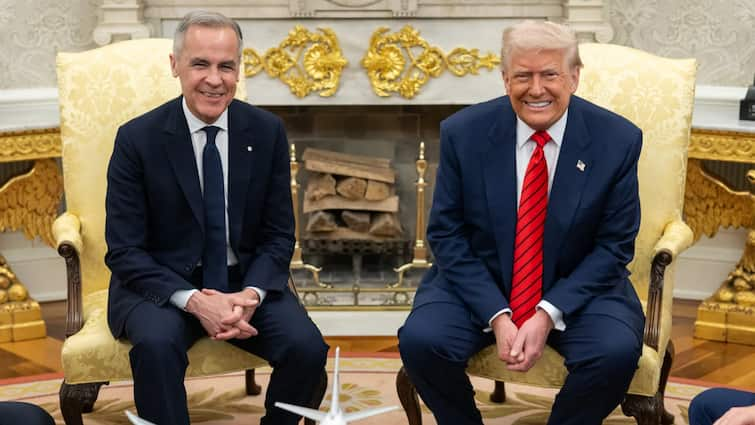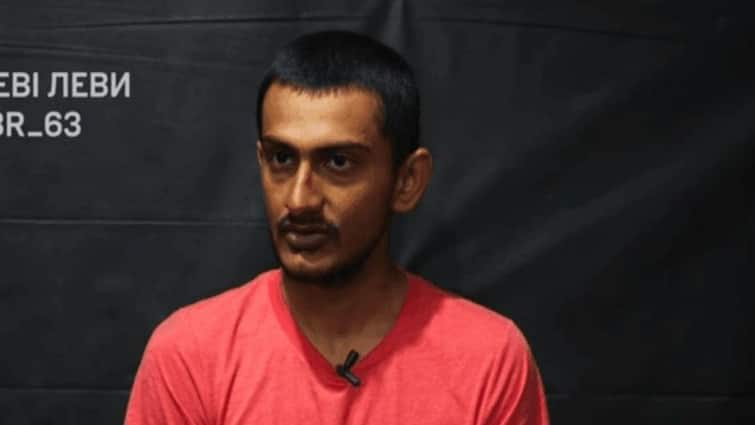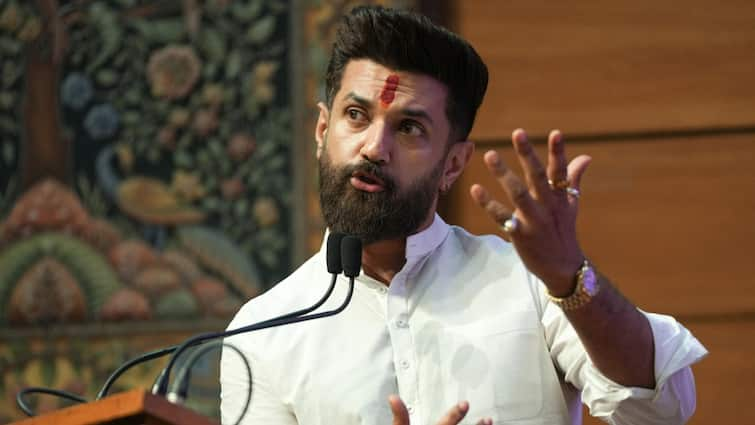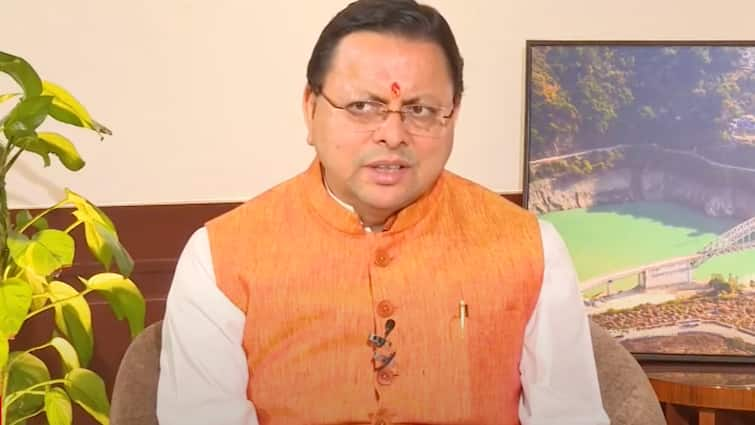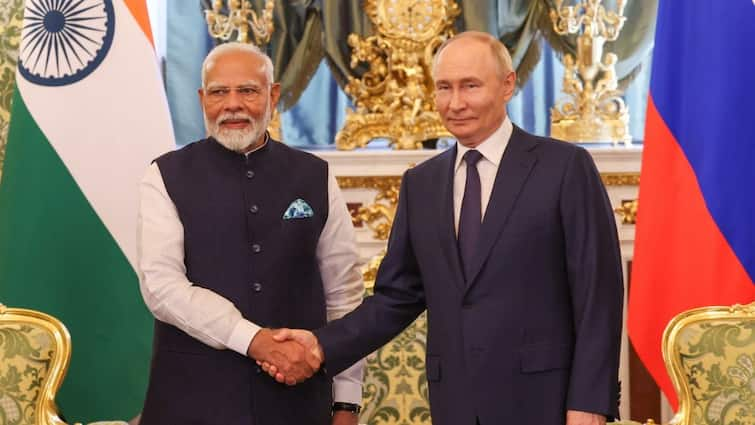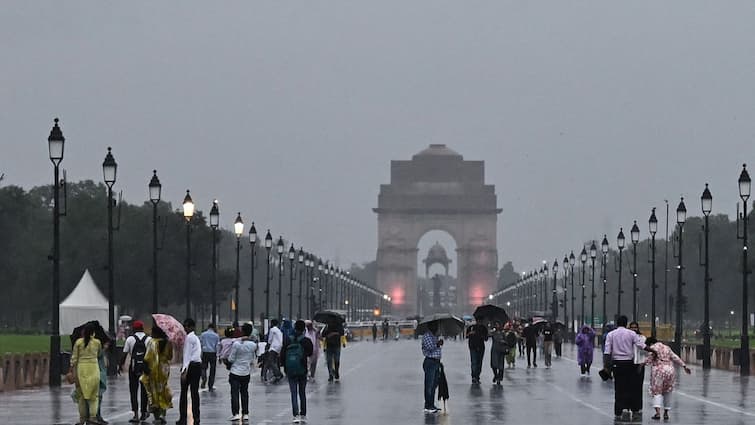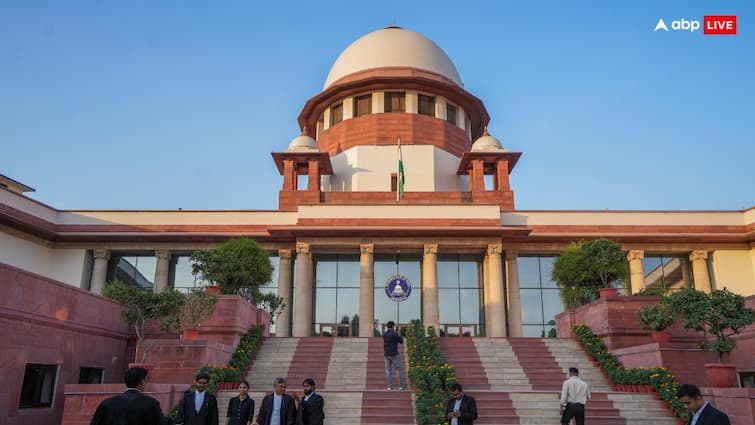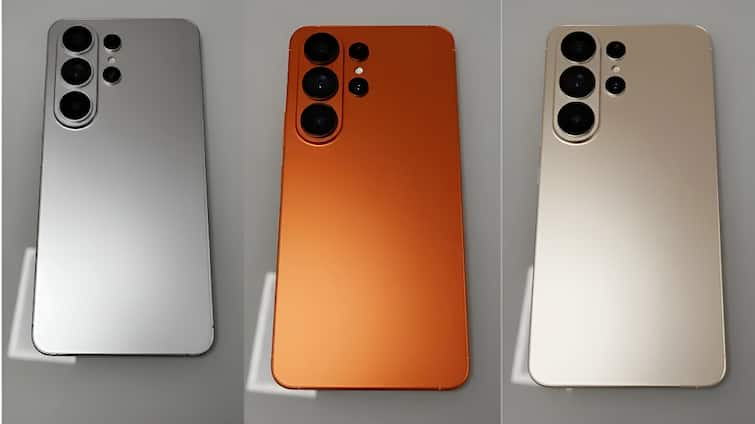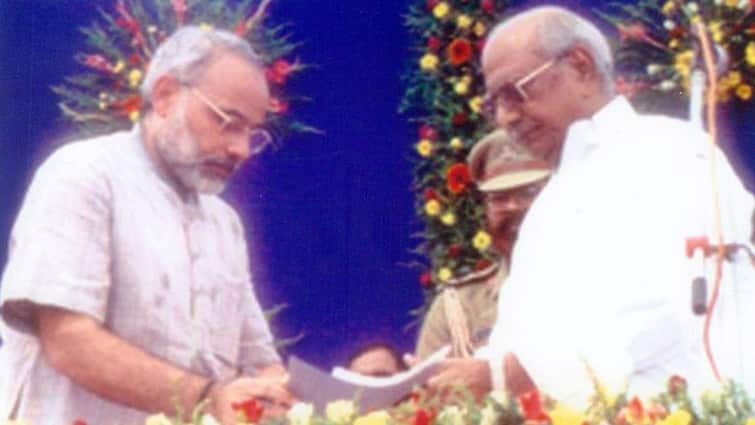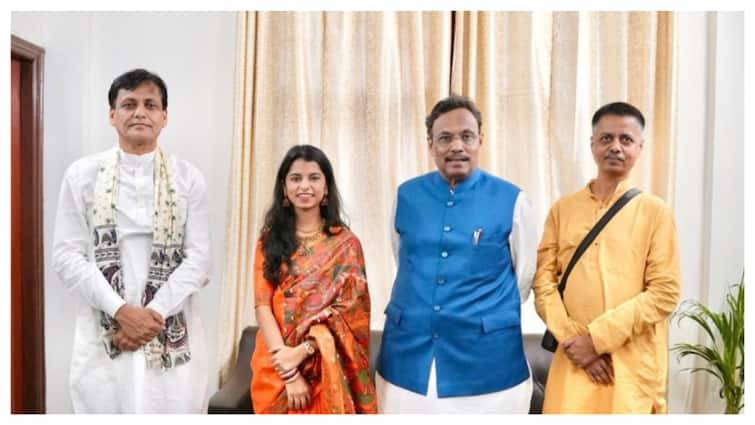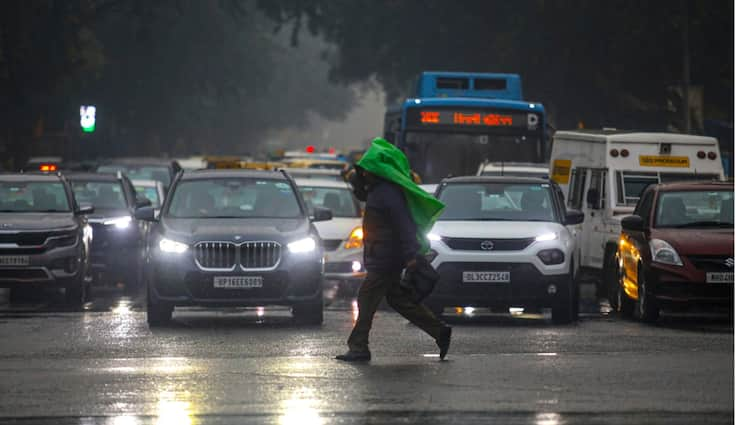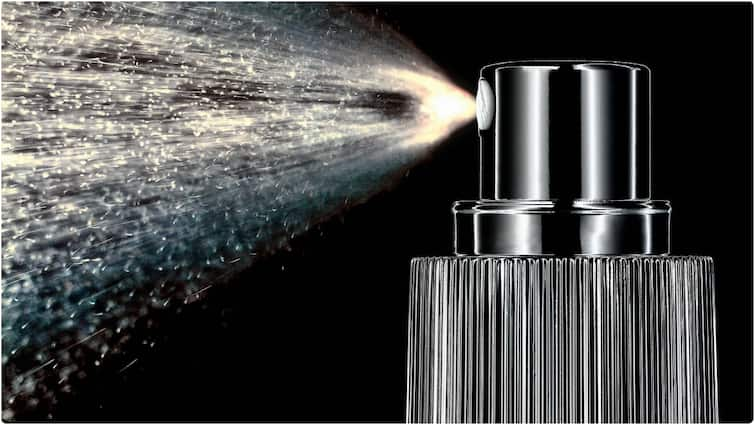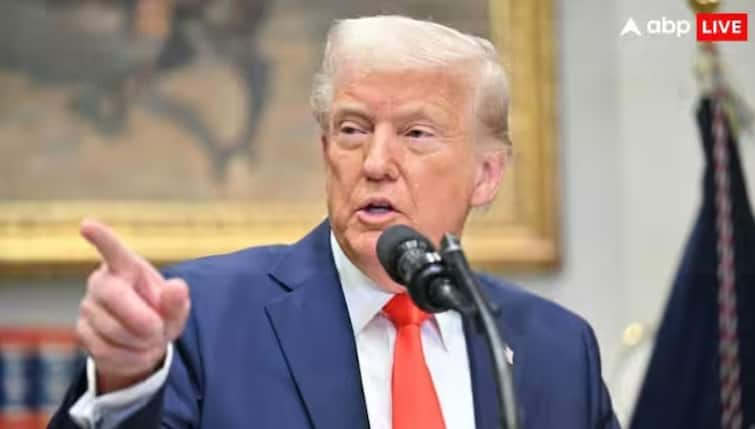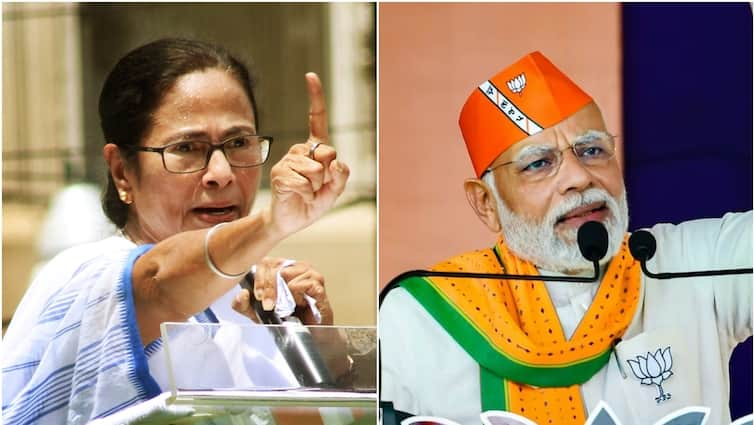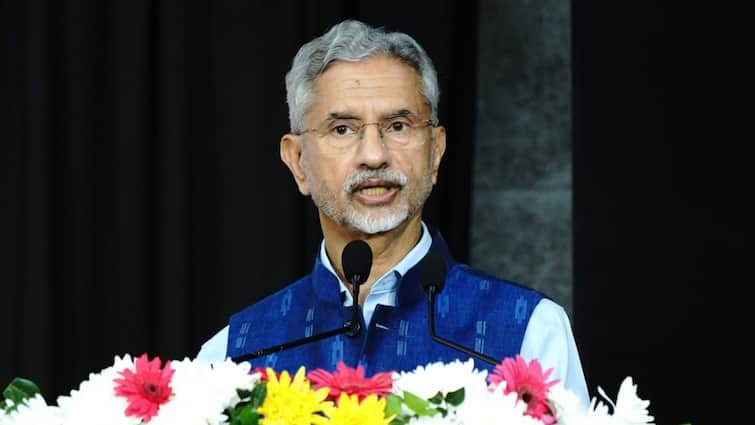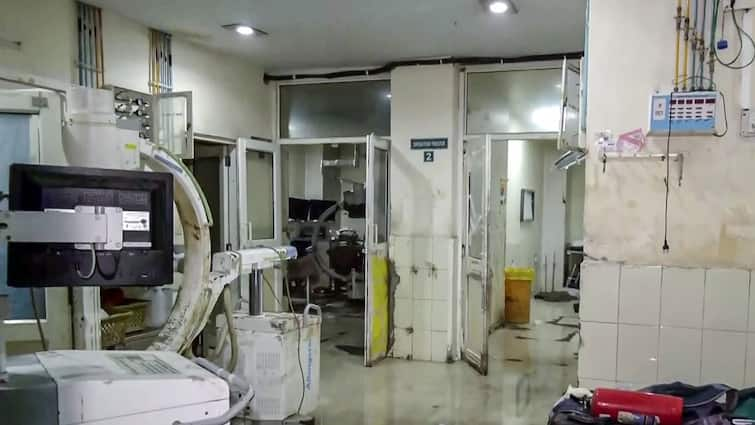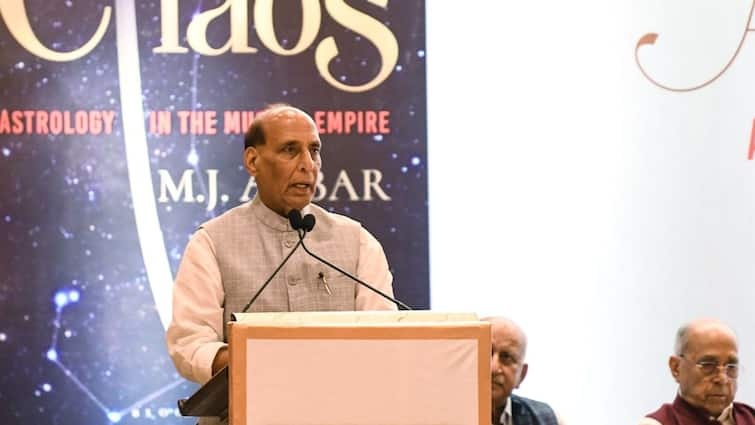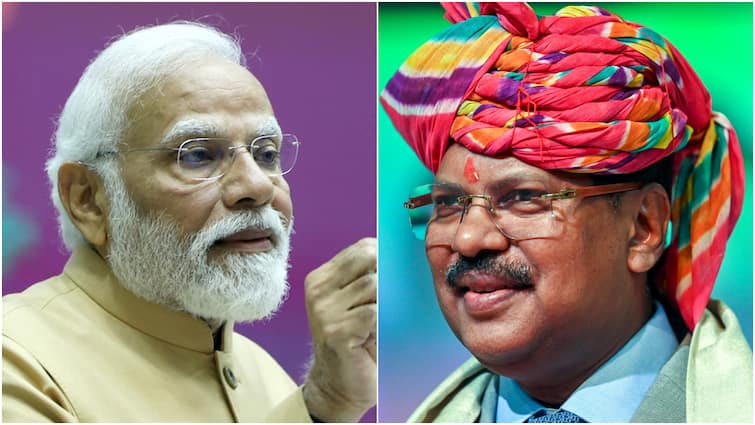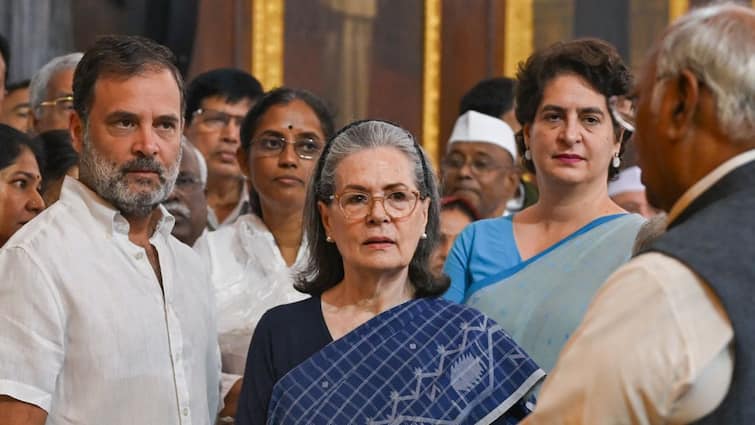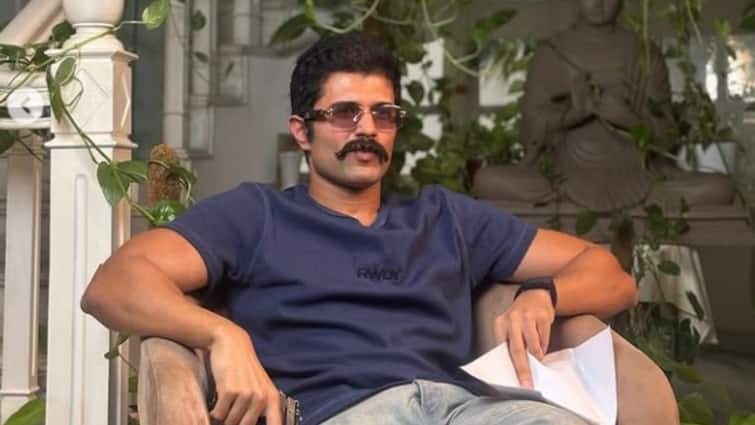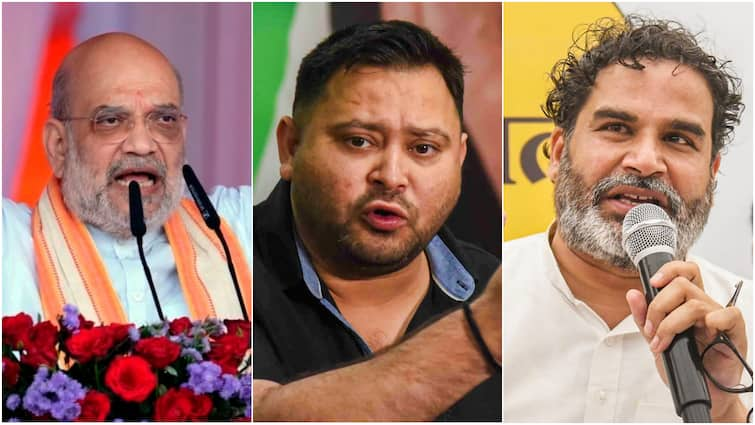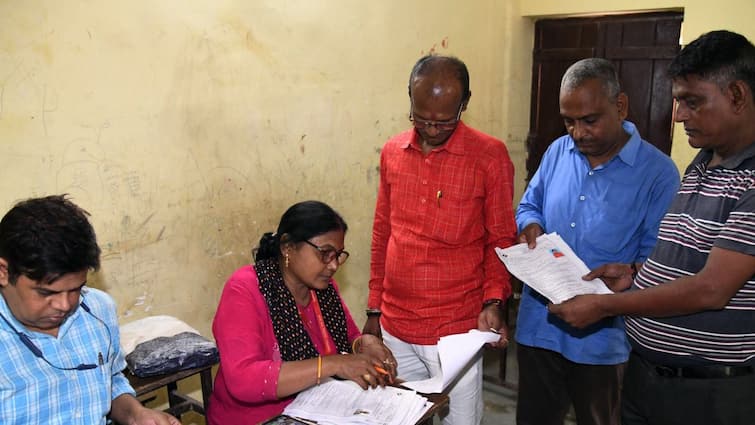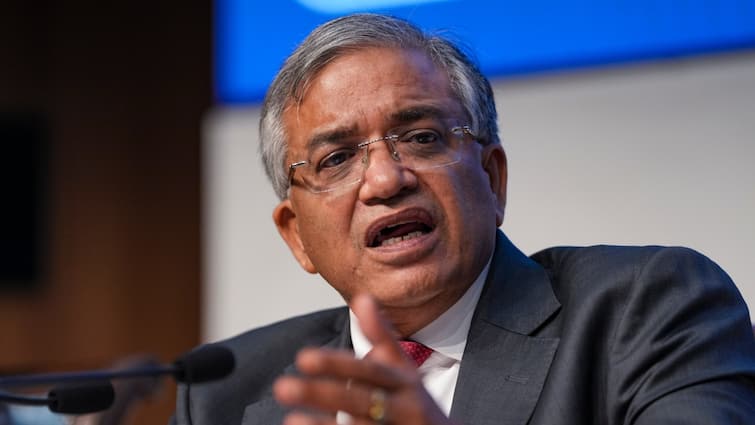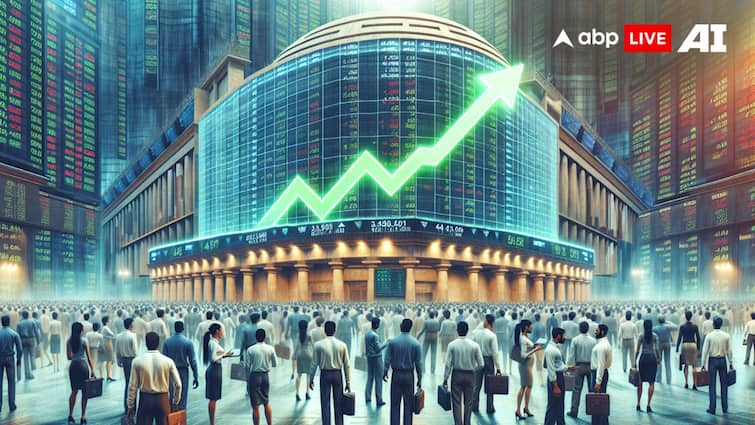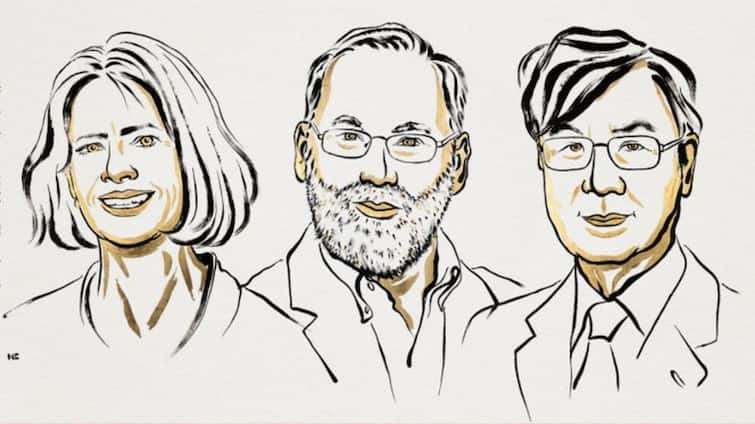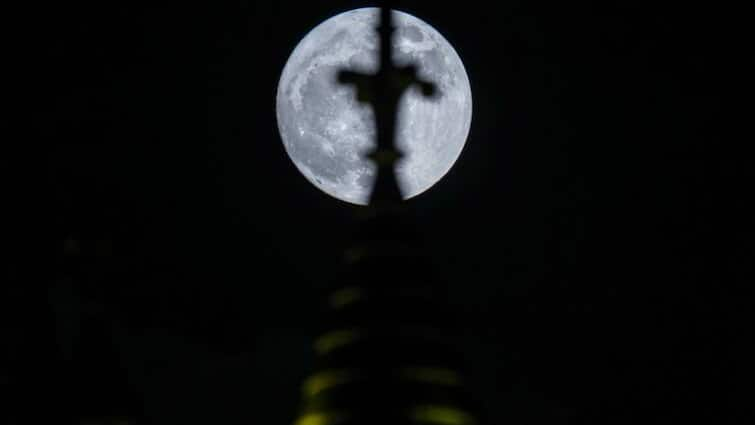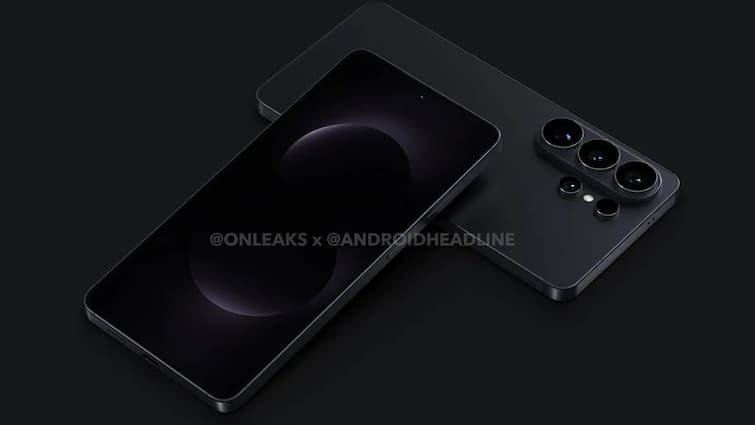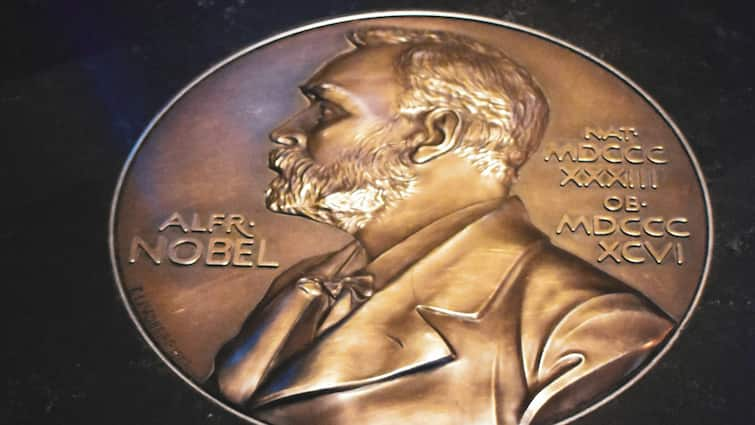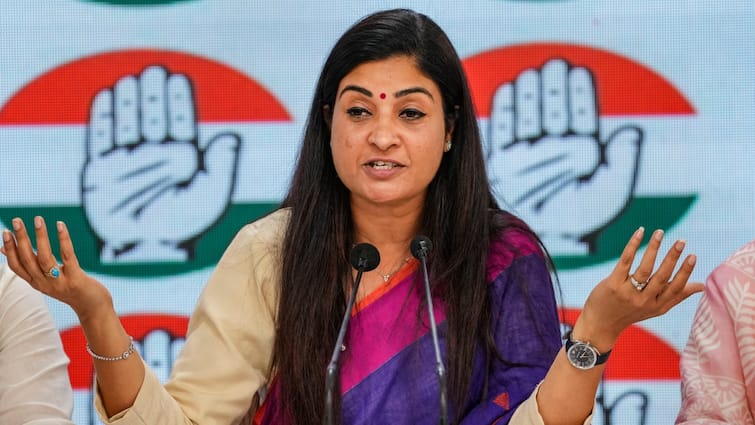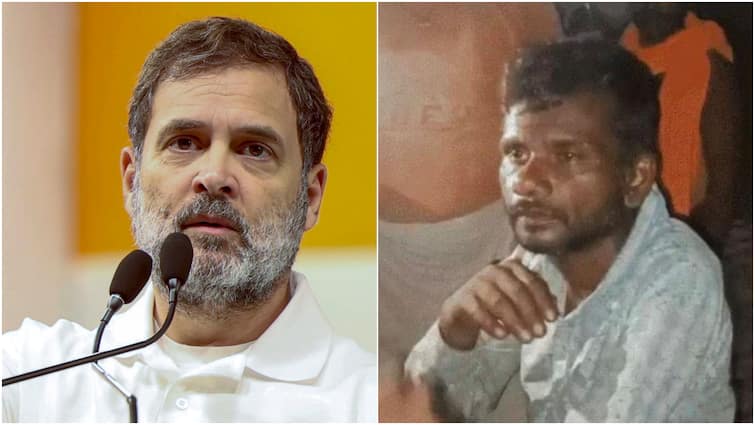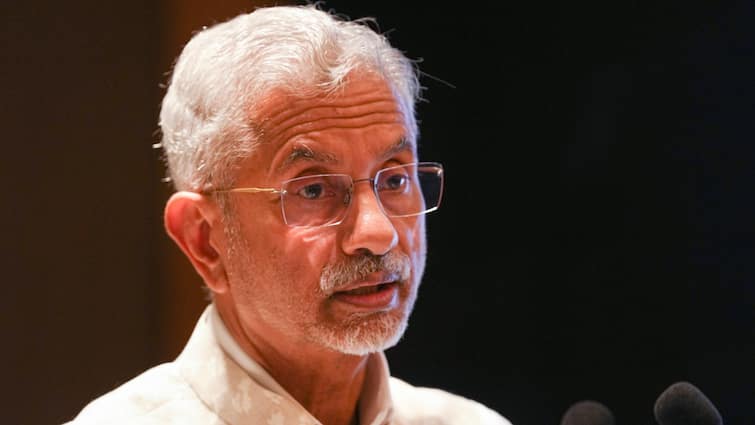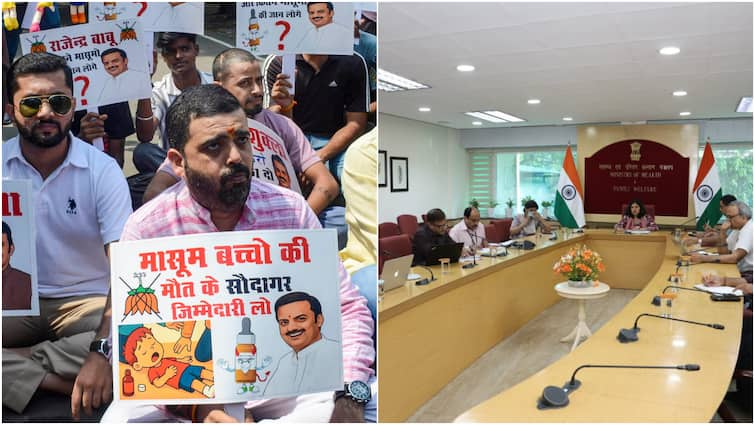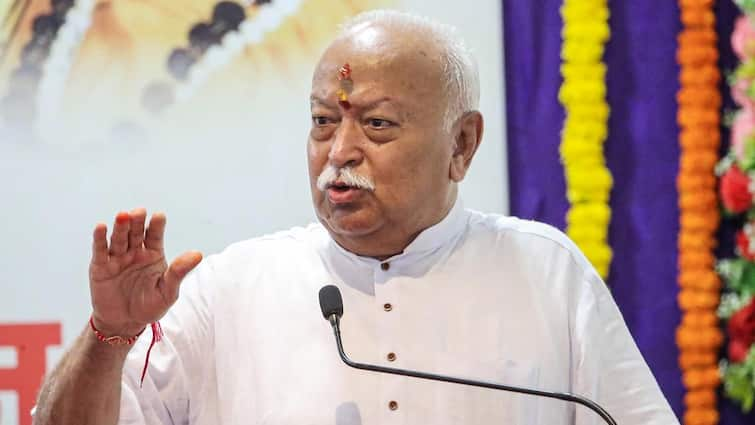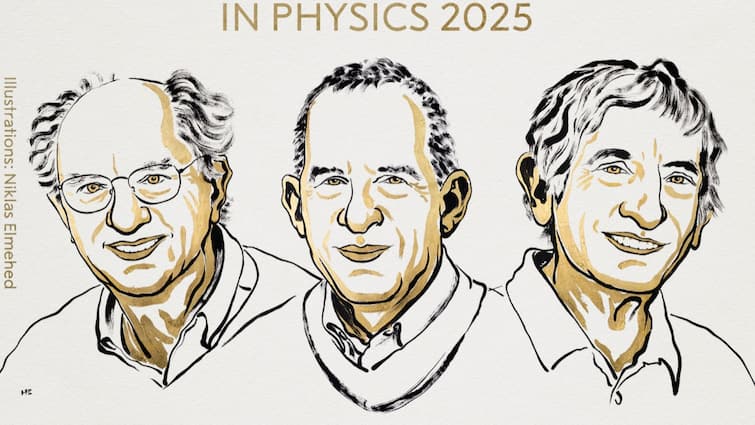
Nobel Prize 2025 in Physics: Three scientists — John Clarke, Michel H. Devoret, and John M. Martinis — have been awarded the 2025 Nobel Prize in Physics for their groundbreaking work on quantum mechanical tunnelling, a discovery that has laid crucial groundwork for the development of quantum computing.
The Nobel Committee praised their work for creating new possibilities in next-generation quantum technologies, including quantum cryptography, quantum computers, and quantum sensors.
BREAKING NEWS
The Royal Swedish Academy of Sciences has decided to award the 2025 #NobelPrize in Physics to John Clarke, Michel H. Devoret and John M. Martinis “for the discovery of macroscopic quantum mechanical tunnelling and energy quantisation in an electric circuit.” pic.twitter.com/XkDUKWbHpz
— The Nobel Prize (@NobelPrize) October 7, 2025
‘The Surprise of My Life’: John Clarke On Nobel Prize Win
According to the Associated Press (AP), reacting to the news over a phone call with reporters, John Clarke expressed astonishment at his selection. “To put it mildly, it was the surprise of my life,” he said, shortly after being informed of his win.
Clarke, who conducted his research at the University of California, Berkeley, paid tribute to his co-laureates, acknowledging their immense contributions.
“Their contributions are just overwhelming,” he remarked.
He further reflected on the broader impact of their findings, saying: “Our discovery in some ways is the basis of quantum computing. Exactly at this moment where this fits in is not entirely clear to me.”
Speaking from his cellphone, he added that one of the underlying reasons that mobile technology works today is because of the same principles.
“One of the underlying reasons that cellphones work is because of all this work.”
Nobel Prize 2025 in Physics: The Scientists and Their Institutions
While Clarke is based at the University of California, Berkeley, Martinis has been conducting research at the University of California, Santa Barbara, and Devoret is affiliated with Yale University as well as UC Santa Barbara.
Their pioneering studies have not only expanded the understanding of quantum tunnelling but also opened up new avenues in the commercial and technological use of quantum physics.
Olle Eriksson, Chair of the Nobel Committee for Physics, lauded the laureates’ achievements, noting that the discovery exemplifies how even century-old principles of quantum mechanics continue to drive innovation.
“It is wonderful to be able to celebrate the way that century-old quantum mechanics continually offers new surprises. It is also enormously useful, as quantum mechanics is the foundation of all digital technology,” Eriksson said, as quoted by AP.
This marks the 119th time the Physics Prize has been conferred. In 2024, the honour went to artificial intelligence pioneers John Hopfield and Geoffrey Hinton for their foundational contributions to machine learning.
Nobel Week Continues
The Nobel Prize in Medicine was announced earlier on Monday, with Mary E. Brunkow, Fred Ramsdell, and Dr Shimon Sakaguchi being recognised for their research into how the immune system distinguishes between harmful germs and the body’s own cells.
The Chemistry Prize will be declared on Wednesday, followed by Literature on Thursday. The Nobel Peace Prize will be unveiled on Friday, and the Nobel Memorial Prize in Economic Sciences on 13 October.
All laureates will receive their awards at a ceremony on 10 December, the death anniversary of Alfred Nobel, the Swedish industrialist and inventor of dynamite who established the prestigious prizes. Each award comes with a cash prize of 11 million Swedish kronor (approximately $1.2 million) and, above all, global prestige.
Doonited Affiliated: Syndicate News Hunt
This report has been published as part of an auto-generated syndicated wire feed. Except for the headline, the content has not been modified or edited by Doonited




